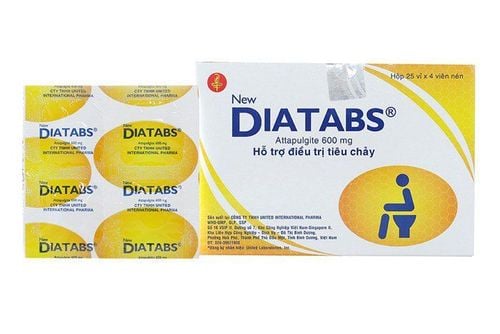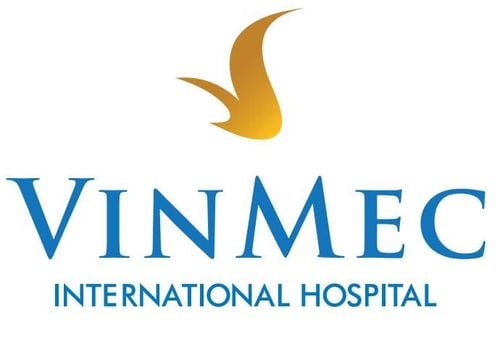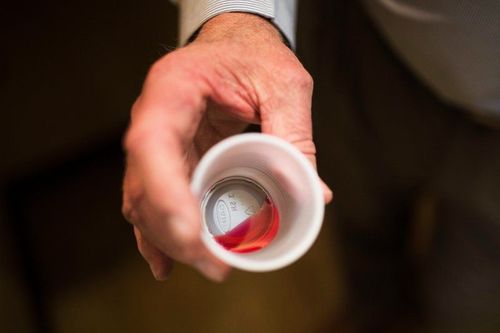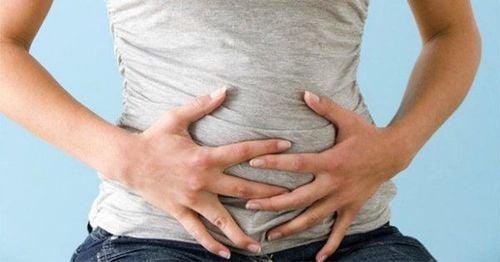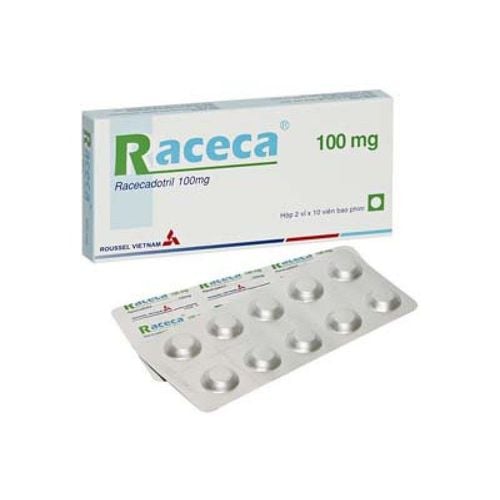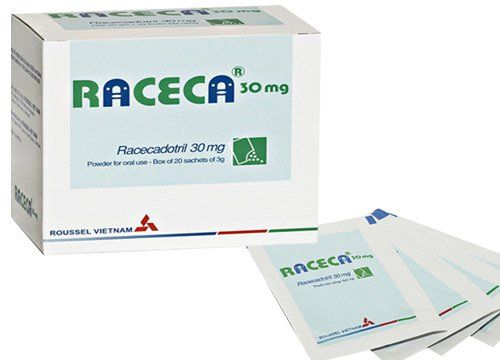This is an automatically translated article.
The article was written by BSCKII Bui Thu Huong - Head of Emergency and Day Treatment Unit - Pediatric Center - Vinmec Times City International HospitalDiarrhea is the passage of loose, watery stools > 3 times in 24 hours. Acute diarrhea is diarrhea that is acute in onset and lasts no more than 14 days.
1. What is acute diarrhea? Diarrhea is the passage of loose, watery stools > 3 times in 24 hours. Acute diarrhea is diarrhea that is acute in onset and lasts no more than 14 days.
2. What are common causes of acute diarrhea? Intestinal infections: Viruses: Rotavirus, Adenovirus, Norovirus - Bacteria: Ecoli, Shigella: rectal dysentery; Cholera: often causes outbreaks. Other bacteria: Salmonella, campylobacteria; Parasites: Giardia, amoeba, Cryptosporidia Extraintestinal infections: Respiratory infections, Urinary tract infections, Meningitis Drug-induced diarrhea: antibiotics, laxatives..... Diarrhea caused by food allergies: cow's milk, eggs, shrimp, fish... Diarrhea due to rarer causes: Absorption and digestion disorders, Enteritis due to chemotherapy or radiation, Surgical pathology: intussusception, Acute appendicitis, vitamin deficiency, heavy metal intake Favorable factors:
Age: 80% of children with diarrhea < 2 years old Children with immunodeficiency, malnutrition, after measles, AIDS.... Habits. Risk of acute diarrhea: Bottle-feeding, not breastfeeding for the first 4-6 months, Weaning early, contaminated food, Contaminated drinking water, not cooked, not washing hands before eating Summer diarrhea Infections are high, winter is often caused by viruses, in which rotavirus is the most severe
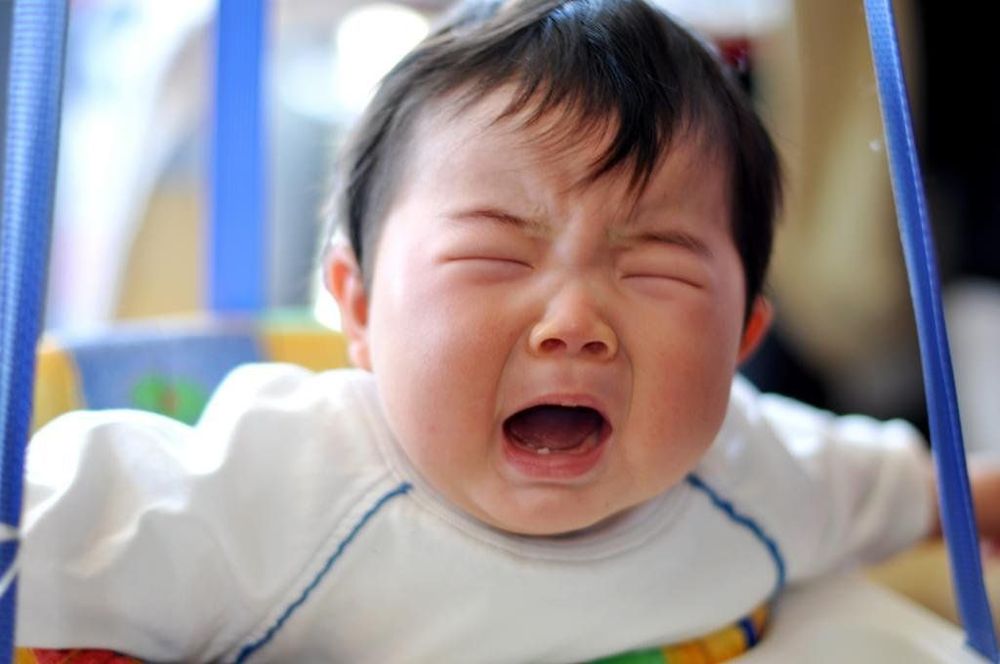
Tiêu chảy cấp là tiêu chảy khởi đầu cấp tính và kéo dài không quá 14 ngày.
Infiltrative diarrhea: pathogenic factors, causing inflammatory reactions and destroying intestinal mucosal cells: E.coli, Shigella... Osmotic diarrhea: pathogenic factors that damage cells absorbed in the small intestine: Rota virus, Giardia.... Diarrhea caused by secretions: pathogenic factors affecting intestinal villi: cholera , .... 3.2. Clinical classification
Acute watery diarrhea Acute bloody diarrhea Persistent diarrhea: an episode of diarrhea for 14 days or more Diarrhea accompanied by severe malnutrition 3.3. Classification based on concentration of sodium/blood
Isotonic dehydration: Na/blood: 130 -150 mmol/l Hypertonic dehydration: Na/blood > 150 mmol/l Hypotonic dehydration: Na/blood < 130 mmol/ l 3.4. Classification by degree of dehydration
Loss of less than 5% of body weight : Not dehydrated Loss of 5 -> 10% of body weight : moderate to severe dehydration Loss of > 10% of body weight : Circulatory failure heavy.
4. Treatment protocol Determine the degree of dehydration:
No dehydration Plan A Treat diarrhea at home With dehydration Plan B Treatment with Ors, oral rehydration at a medical facility Severe dehydration Plan C Rapid treatment of severe dehydration

1. Give children more fluids than usual to prevent dehydration: Oresol, salty solutions: salted porridge, salted rice water , vegetable soup or chicken soup meat soup, coconut water, fresh fruit juice without sugar. Do not drink industrial or carbonated water.
How to take Oresol:
Let the child drink each spoonful every 2 minutes, take 1 spoonful, if vomiting, give it a rest for 10 minutes, then continue drinking. Children < 2 years old: take 50 -100 ml after each bowel movement Children > 2 years old: 100-200 ml after each bowel movement 2. Continue to feed the child
When the child is exclusively breastfed, continue to breastfeed normally. , the daily diet continues and increases gradually, it is not required to drink milk without sugar, cooking must be soft and tender. Do not eat foods that are high in sugar and are difficult to digest. Eat more foods with potassium: bananas, fresh fruits. If the child eats formula milk, maintain the type of milk the child is eating, do not dilute the milk. After not going out, give 1 more meal in addition to the usual meals.
3. Give children zinc supplements
Children 1 < 6 months: 10mg/day x 10-14 days Children ≥6 months: 20mg/day x 10-14 days 4. Take the child to the doctor as soon as one of the following following symptoms
Frequent bowel movements, loose stools, continuous vomiting Recurrent vomiting Becoming very thirsty Eating poorly or giving up breastfeeding The child does not get better after 2 days of treatment Higher fever There is blood in the stools. 6. Drugs used in the treatment of diarrhea Oresol, zinc, Racecadotril, Smecta, Probiotics: S. boulacdi. Medicines that are not used in the treatment of diarrhea: do not use antiemetics, antidiarrheals, antibiotics. Only use antibiotics in cases of bloody diarrhea, cholera, and bacteria tests. 7. Disease prevention Implement vaccination according to the national vaccination program, oral prevention of Rota Virus. Keep clean: living environment, water source, food, hand hygiene, safe and clean food source... Breastfeeding for up to 24 months.





